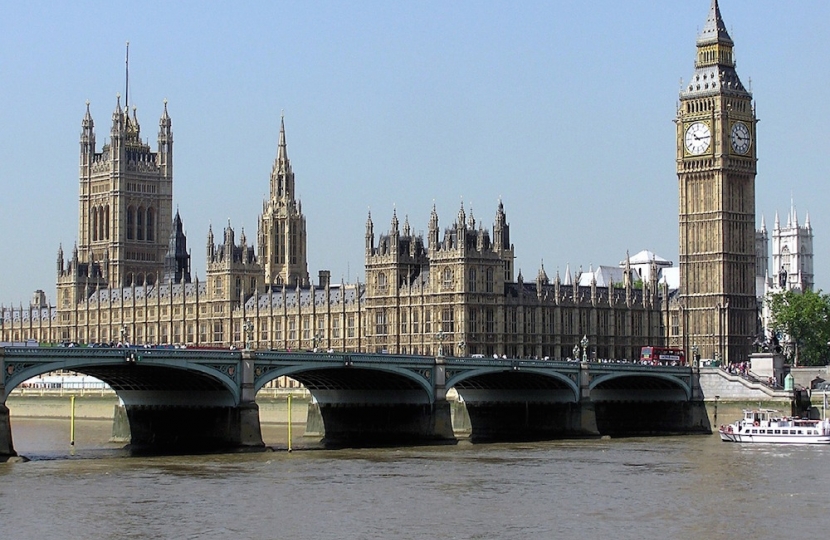
While we wait to see how the vote or votes on the relationship with Europe will be tabled in January, I wanted to comment on a number of points made in emails to me. There is nothing more likely to be a major turnoff to the British public than an attempt to humiliate the British Prime Minister or the British people. Yet this is what the EU has done in dealing with Mrs May. It follows the same treatment of David Cameron when he tried to get a comprehensive deal that would have prevented the current Brexit problem in the first place. It follows the treatment of one of my Parliamentary colleagues – a Remain voting MP – in trying to get a simple answer from Mr Junker when he visited the Council of Europe about how he controlled the Commission budget which Mr Junker tried to say was none of our business. As I was present when this exchange was heard, I was not impressed.
The issue we face comes down to making sure that we are not trapped in what has been called the Irish Backstop forever and have our own ability to come out of it. Since the EU does not want us to have a Backstop and, we believe it will never be used, I cannot see why they are being so obdurate over it. The Prime Minister has therefore sought time to see what movement there might be on the issue – a discussion which is still going on - before the Deal as a whole is brought back to the House of Commons.
I do not believe that anyone, except a small group, wants a no deal exit from the EU. This is not about whether we can survive on WTO terms of trade. It is about bringing to a successful conclusion all the issues which will have no solution if we leave without a deal such as law cases, and being pursued through the courts for money that we owe the EU. The £39 billion set out in the Agreement that we will pay the EU is not a sum plucked from the air but has been calculated carefully to reflect the balance of what we are likely to owe. So, no! I will not agree to fetter Mrs May's discretion in dealing with Europe. She must have the right to threaten a no-deal outcome even although no one – on either side – is looking forward to a no deal outcome.
Secondly, some people are suggesting that I have changed my view and am now a Leaver. Let me be clear; it would still be my preference to remain in the EU. However, in a national referendum, the Remain argument lost the vote and it does none of us any good to continually go back over this and use opinion polls to suggest that the situation has changed.
I am also asked to be more visible in supporting a Peoples' Vote campaign and staying in the EU. For every email I get asking me to support another referendum I get an email reminding me that 'leave means leave. We have already had a 'people's vote' and Leave won. I do not believe that another referendum would help cure the divisions we currently face in our country. Furthermore those seeking a second referendum seem to believe that it would be decisively 'remain'. This may not be so.
Under Article 50 the time limit for the initial period for making arrangements for our departure from the EU was 2 years. It was always going to take this long and the period has not been wasted or prolonged. We have a deal on the table, which with one exception (the Backstop), I can support. Those who see it in terms of betraying the Referendum result or our relationship with Europe have missed the point that much of it relates to the transition or implementation period of a further two years. It does not define our relationship with the EU for the future.
And lastly, I am told that it is the biggest crisis faced by this country since the end of the second world war. I disagree profoundly with this. It is not a crisis at all – just something that has to be worked through.
The Withdrawal Agreement will ensure that, pace the transition period, the UK takes back control of its laws, borders and money, an end to free movement, the jurisdiction of the European Court of Justice coming to a close and after the £39 billion has been paid vast budget payments to the EU ending once and for all. We will also be out of the Common Agriculture Policy and the Common Fisheries Policy. EU and UK citizens will have their rights protected, including for healthcare and pensions. They will be able to continue to live their lives broadly as they do now.
At the same time, the UK will be able to negotiate its own international trade deals from the start of the transition or implementation period. This will allow us to take advantage of the estimated 90 per cent of world growth that will come from outside the EU in the future.

